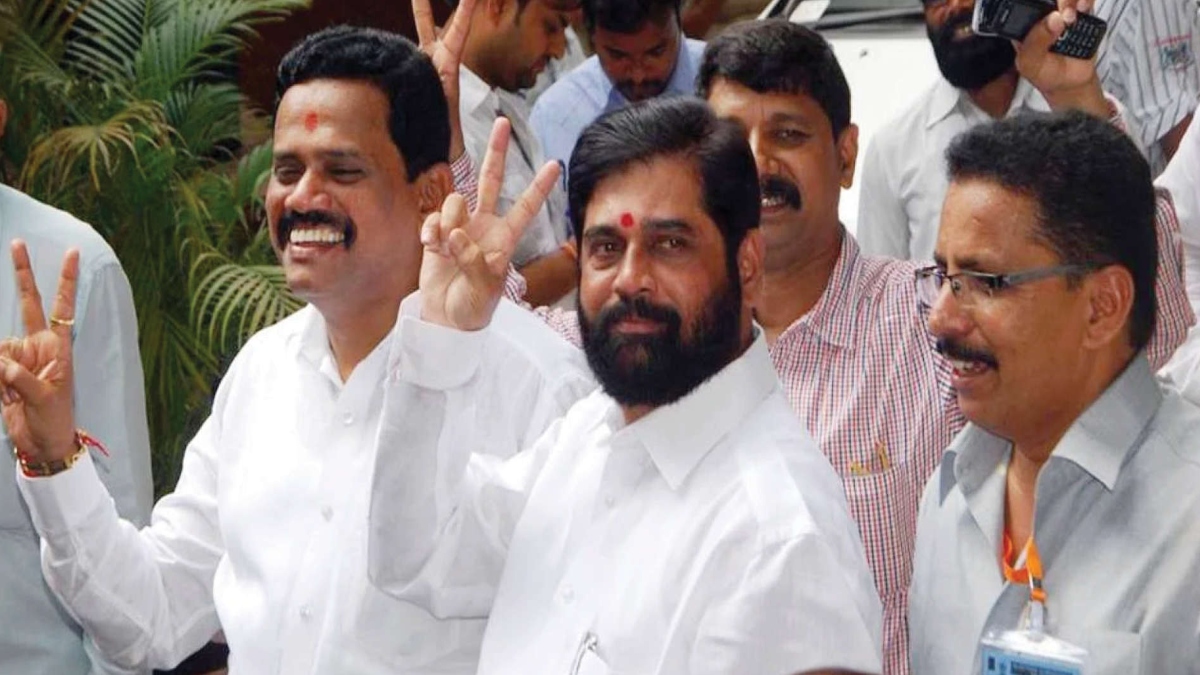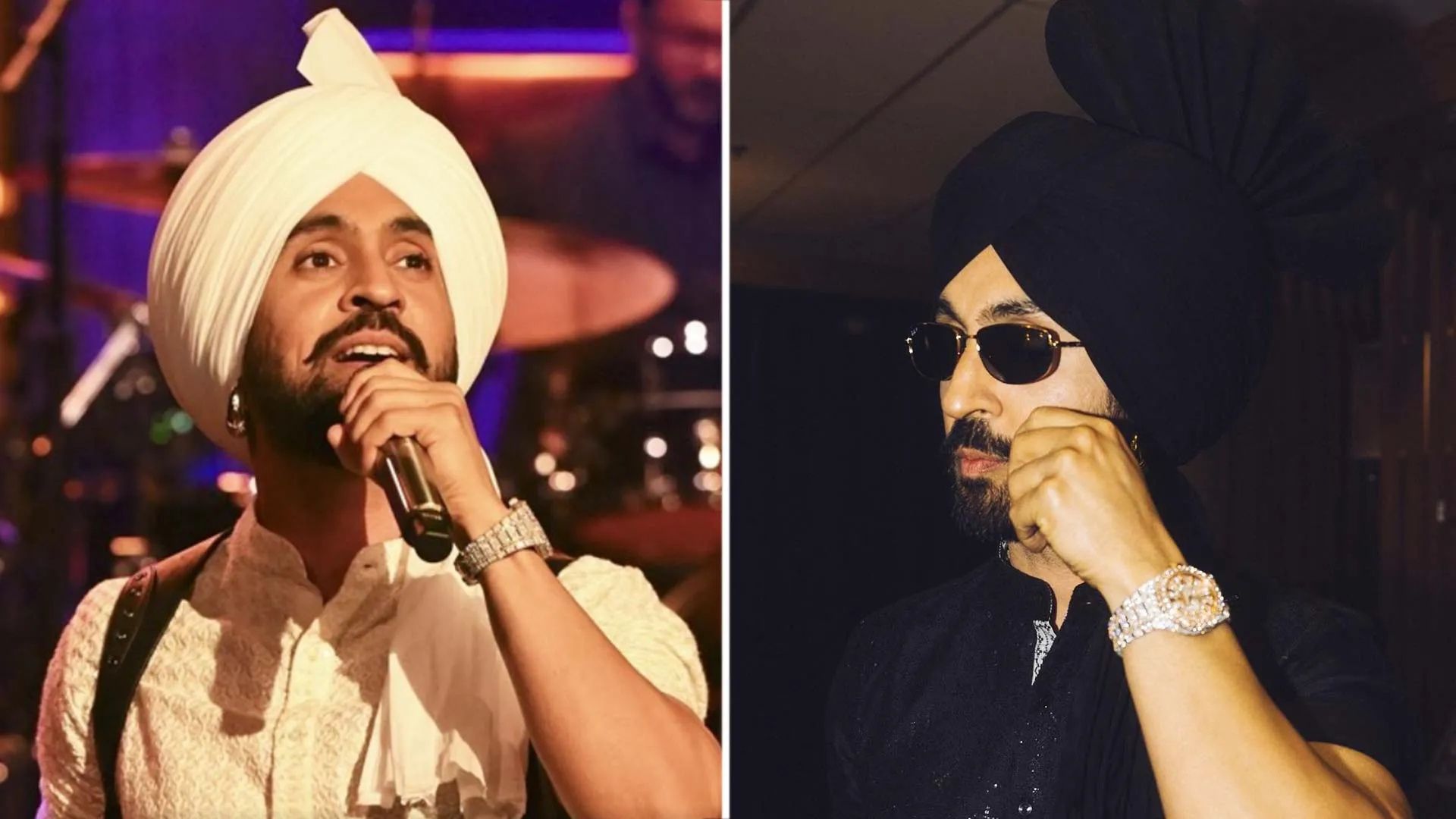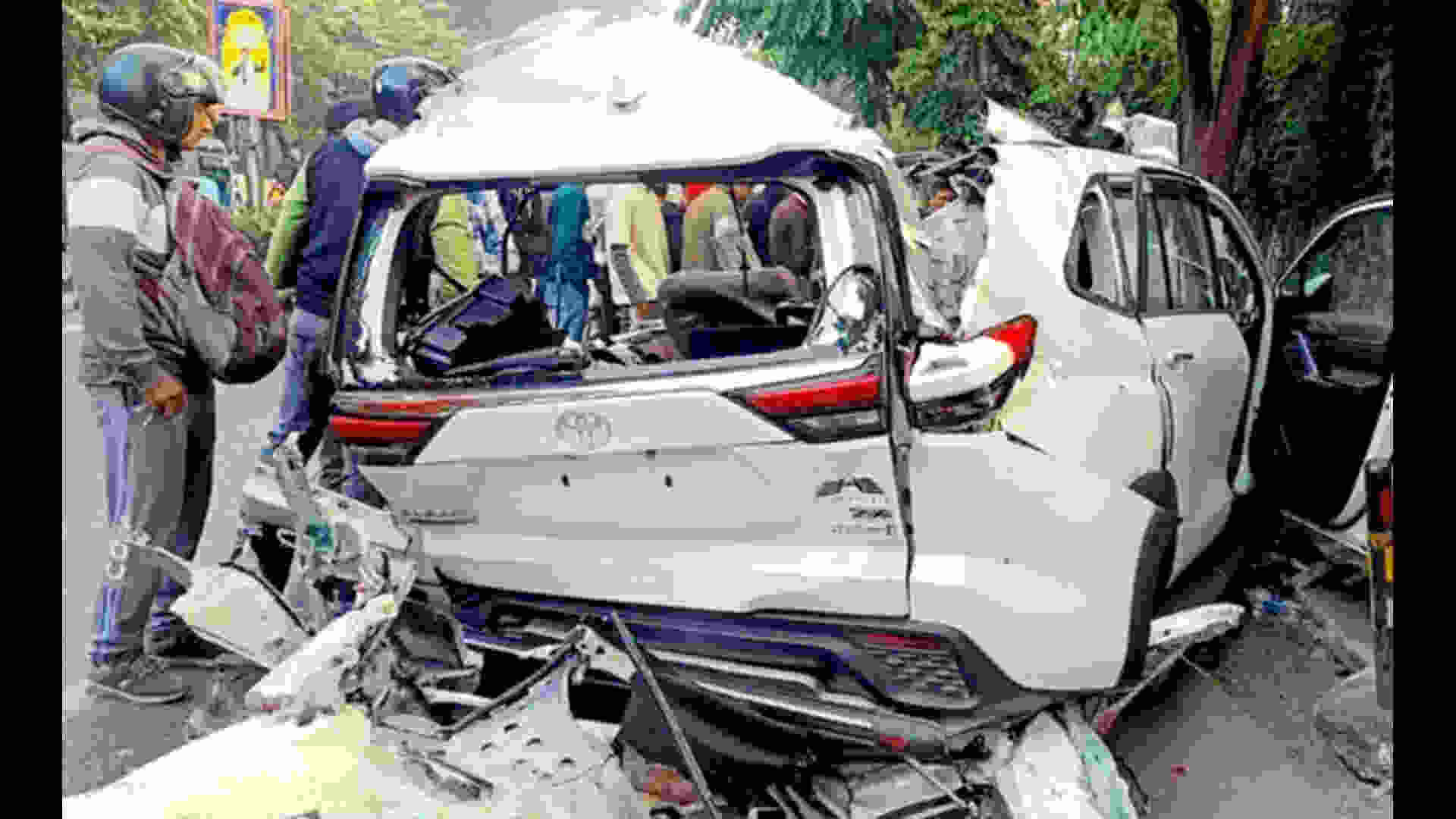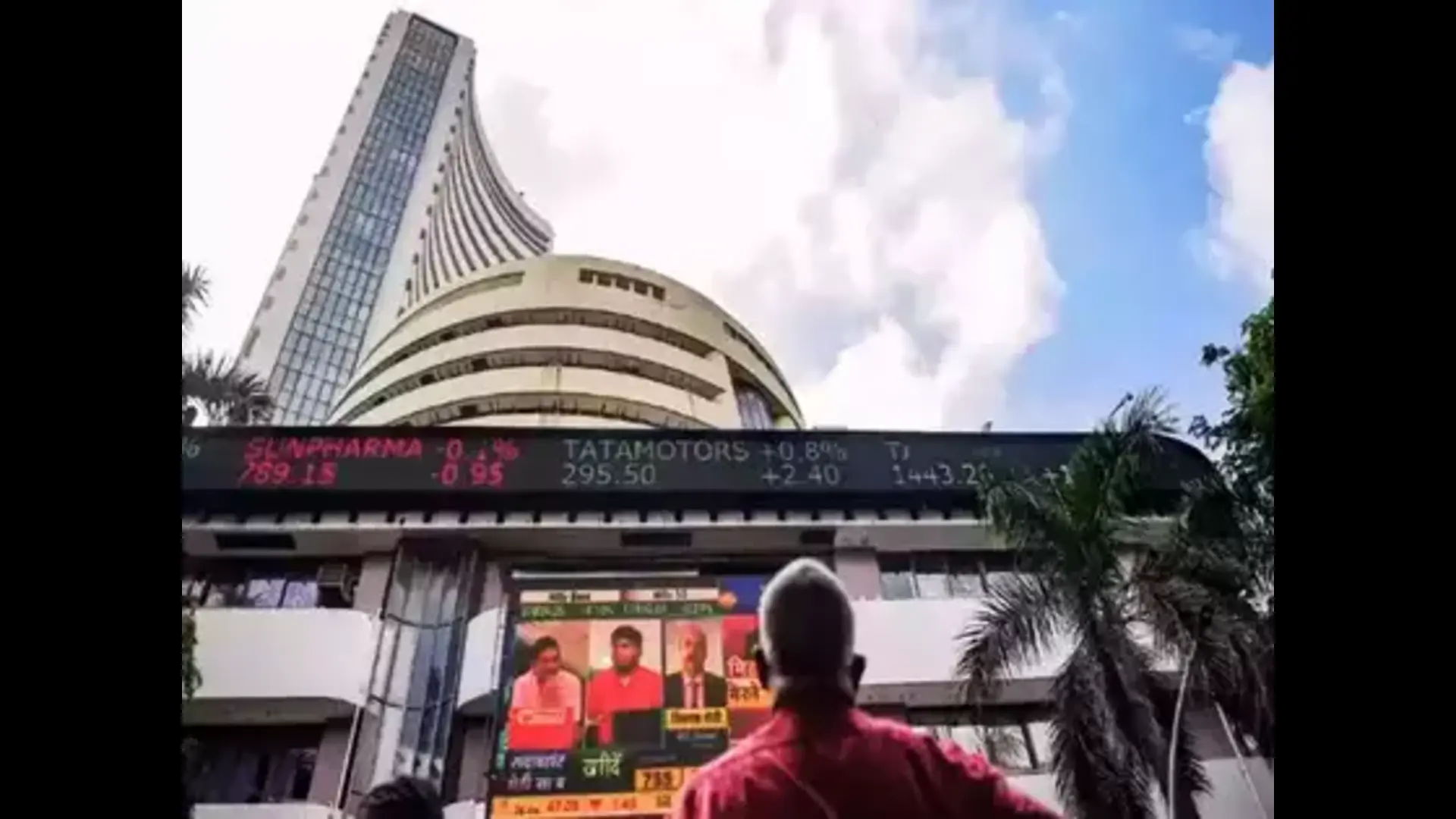
On 21 June 2022, an unprecedented political movement took place in Maharashtra and once again pop-up the 10th Schedule or anti defection law.
Initially Shinde faction case was seeming like usual case of Anti defection but as it took root of the case, it got wider scope to decide few questions of law accordingly,
On 25th of June, Maharashtra Speaker Zirwal issued disqualification notices under the 10th Schedule to Shinde faction after the party sought their disqualification from the state assembly for the wants of non-joining of party meeting even after issuance of whip. Now the notice has been challenged before hon’ble Supreme Court stating failure to attend a party meeting or expression of disagreement with certain policies of the party cannot be a ground to disqualify under para (a) or 2(b) of tenth schedule of the Constitution, however, multiple petitions have been filed by the both the parties before Supreme Court on various ground and is pending before the court for considering whether the matter be referred to Constitutional Bench or not.
Since the Thackrey led MVA Government had majority & the act of rebel Sena leader Shinde has aided to dis- Stabled the government, in such a case does the act of team Shinde fall under the “act against the party”? if yes then right to dissent has no meaning. Because the team Shinde neither voted against the party or has given up their membership. The act of Shinde team seems to be against party policy & not against the party therefore, the friction between right to dissent & Anti defection has taken place.
Right to freedom of speech & expression vs Right to dissent –
The question of law rises here in the present case is whether right to dissent, with voice of majority fall under the ambit of right to dissent or not, if yes then whether the Tenth schedule violating the Basic Structure of the constitution. Because when we call right to dissent is right to freedom of speech & expression, it would gross violation of art. 19 (1) a of the constitution & when there is violation of any provisions of the fundamental rights would be violating the basic structure of constitution & when any law is against the basic structure of the constitution is deemed to be void.
During the hearing of the Shinde’s petition Senior Counsel Harish Salave strongly stressed on Voice of Dissent and Voice of Majority and Minority tyranny and said that voice of dissent can not be suppressed in a democracy.
In Kihota Hollohon Vs Zachilhu and Others, 1992 SCC Supp. (2) 651, the Tenth Schedule was challenged on the ground that, it violates the democratic rights of elected members of Parliament and the Legislatures of the States. It violates the freedom of speech, freedom of vote and conscience of a member. Rejecting the plea, the Apex Court held that, the provisions of Tenth Schedule do not suffer from the vice or subverting democratic rights of elected members of Parliament and the Legislatures of the States. It does not violate their freedom of speech, freedom of vote and conscience. In India the freedom of speech of a member is not an absolute freedom. The provisions of the Tenth Schedule do not purport to make a member of a House liable in any ‘Court’ for anything said or any vote given by him in Parliament or State Legislature. It cannot be said that Article 105 or 194 is a source of immunity from the consequences of unprincipled floor crossing. That’s why the provisions of paragraph 2 of the Tenth Schedule do not violate any rights or freedom of elected members of Parliament or State Legislatures under Article 105 or Article 194 of the Constitution, and is thus constitutionally valid.
Inner Party democracy –
In any democratic set up voice of dissent that too when supported with Majority should be accepted along with voice of consent. Disaccord be accepted with accord, in true sense that would be the beauty of a democratic set up.
Till date it has been observed that any dissent against a party policy deemed to be anti-defection but mere dis agreement with party policy or every disaccord cannot be held as voice against party.
Gehlot vs Pilot-
In 2019-20 Pilot group had a rebellion attempt against Gehlot and was facing disqualification by the Speaker C.P. Joshi, wherein it was challenged before the Rajsthan High Court and The Raj High Court had framed 13 issues, question of law. However, in a settlement all such disqualification notices were withdrawn and the issue of Inner party democracy and Voice of Dissent remain unanswered.
Whip versus Disqualification
Another important question of law is regarding Whip “Whether Whip as an instrument of party discipline only applied to the action expected out of legislators inside the house? In this regard I remember, A proposed solution that had created the controversy was suggested by Manish Tiwari, Member of Parliament, Lok Sabha. The suggestion is relating to constitutional amendment to limit the scope of paragraph 2 (1) (b) of the bill. The Bill proposed by Manish Tiwari limits disqualification under Paragraph 2 (1) (b) to be a possible sanction only if the member dissents against a Whip issued in the following instances.
motion expressing confidence or want of confidence in the Council of Ministers,
motion for an adjournment of the business of the House,
motion in respect of financial matters as enumerated in Articles 113 to 116 (both inclusive) and Articles 203 to 206 (both inclusive),
Money Bill”.
The propositions made by Constitution (Amendment) Bill, 2010 are similar to the recommendations made by the Dinesh Goswami Committee on Electoral Reform where it was suggested that disqualification must be imposed only in case of vote of confidence or no-confidence motions. By limiting the ambit of disqualification, this bill seeks to make the necessary change of creating greater room for policy expression, fearless debate and discussion in the Parliament. Such a law would liberate legislators from the whip imposing fear of losing their membership except in cases where the life of the government is threatened by a no-confidence motion, money bills and some crucial financial matters.
Dissent as Right to freedom of Speech & expression –
The Constitution (Fifty-Second Amendment) Act, 1985 which has since popularly come to be known as the Anti-Defection law, has been the subject matter of a controversy from the very beginning. It has been questioned on several grounds viz, that it is violative of the basic structure of the Constitution, that it is violative of the fundamental principles of parliamentary democracy, its violate democratic rights of the elected members of parliament and the legislatures of the State, and is destructive of the freedom of speech, right to dissent, freedom of vote and conscience, it violates the freedom under Articles 105 and 194 of the Constitution.
Now considering the act of rebel Sena leader, CM Shinde and his group neither left the party at his will nor talked against party.
Because, considering entire facts on record, the act of Shinde Faction, Certain disagreements with Party Policy does not amount to Anti defection or all the dissent does not amount to anti defection same was observed in the case of In Balchandra L. Jarkiholi Vs B.S. Yeddyurappa 2011.
Delivering the dissenting judgement, Mr. Justice N. Kumar of the High Court set aside the impugned disqualification order of the Speaker and held that an act of no confidence in the leader of the legislative party does not amount to his voluntarily giving up the membership of the political party. Similarly, the act of expressing no confidence in the Government formed by the party, with a particular leader as Chief Minister, would not also amount to voluntary act of giving up the membership of the political party. Deserting the leader and deserting the Government is not synonymous with deserting the party. Dissent is not defection and the Tenth Schedule while recognizing dissent prohibits defection. Right to dissent is the essence of democracy, for the success of democracy and democratic institutions honest dissent has to be respected by persons in authority. which was later confirmed by hon’ble Supreme Court.
Therefore, if we believe in Democracy, should also believe in Right to Speech & Expression ensured as fundamental right under Article 21 of the constitution of India, should believe in Party Democracy, & if Right to speech is recognized under party democracy then dissent is not defection. if dissent is not defection, then Para 2 (1) a of the tenth schedule of the constitution violating the Basic Structure of Constitution.
The Maharashtra Political crisis case has great potential to the hon’ble Supreme Court to decide the much waited and unanswered question of law ,which had paved multiple time in Indian politics , Would hope that the Supreme Court will constitute the Constitutional Bench with 05 or more judges and deliver another landmark judgment.
The Author is practising advocate at Bombay High Court.















